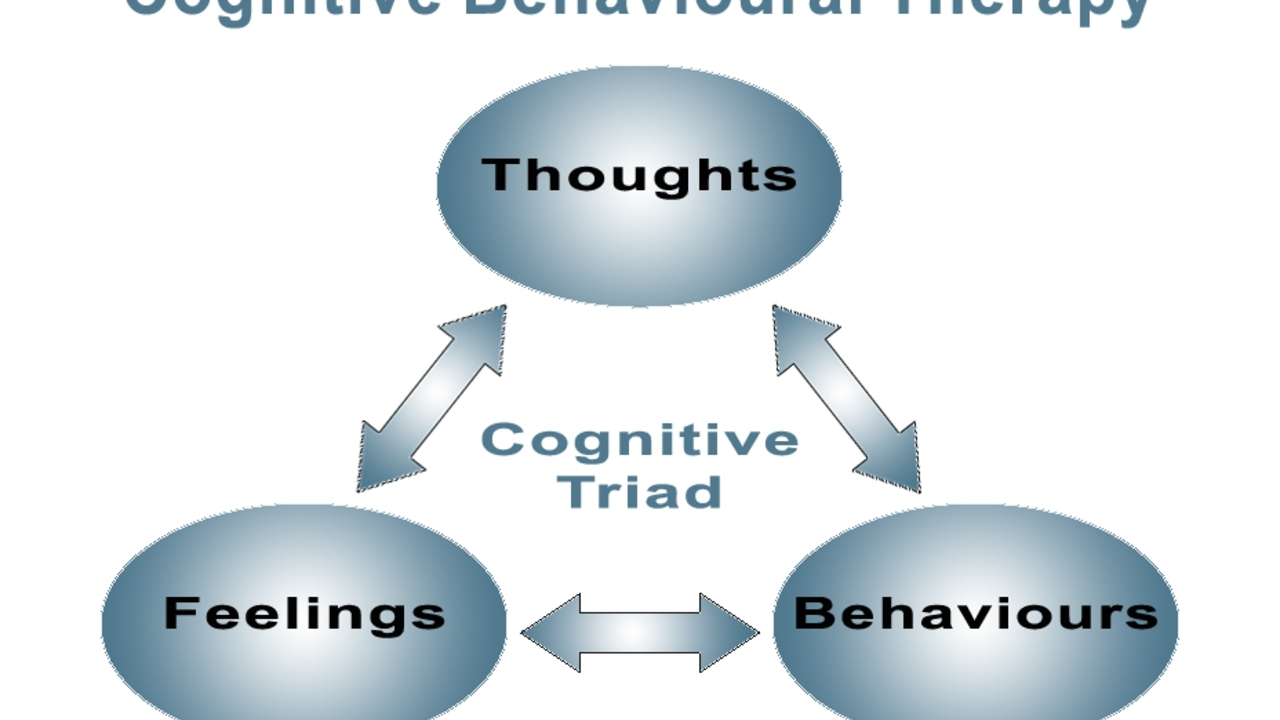Behavioral strategies to change health habits fast
Want to actually stick with new health habits instead of giving up after a week? Small, specific behavioral strategies beat motivation every time. Below are clear, practical tactics you can try today to make medication, sleep, diet, and exercise changes last.
Simple tactics that work
Start tiny. If you want to walk more, commit to two minutes a day. Two minutes lowers the resistance to start, and once you start you’ll often keep going. Use "habit stacking": attach the new action to an existing habit. For example, after you brush your teeth in the morning, take your vitamins or do those two minutes of walking.
Make the cue obvious. Put a pillbox on your breakfast table, leave your running shoes by the door, or set your phone alarm with a clear label like "Take morning meds." When cues are visible, forgetting becomes rare. Reduce friction by making the desired action easier: pre-fill pill organizers, pack workout clothes the night before, or keep healthy snacks where you’ll actually reach for them.
Use implementation intentions (an if-then plan). Instead of "I’ll exercise this week," decide: "If it’s 7 a.m. on weekdays, then I will walk for 10 minutes." That clarity removes decision fatigue and increases follow-through. Pair this with a tiny reward—five minutes of a show you like after you finish—to build positive association.
Medication, sleep, and relapse tips
For medication adherence, combine multiple supports: alarms, pillboxes, and a weekly checklist. If insurance, shipping, or pharmacy issues get in the way, a short email template can speed solutions—see our guide on troubleshooting Nurx prescriptions for examples of how to format order inquiries. If you’re concerned about side effects or alternatives, look up focused guides like our Hydrea or Meloxicam alternatives articles to make informed choices before changing treatments.
Sleep and digestion problems feed each other. Improve sleep by keeping a fixed wake time, avoiding big meals two hours before bed, and putting screens away 30 minutes before lights out. If an upset stomach wakes you, try a bland snack and a light breathing routine to calm your body back to sleep. Track what works in a simple notebook for two weeks so you can spot patterns.
Plan for slip-ups. Expect them and have a short relapse plan: name the trigger, pick one tiny restart action, and move on. For example, if you skip meds for two days, call the pharmacy or set a one-time alarm and take what’s due. Don’t let perfectionism stop progress.
Social support helps. Tell one friend what you’re changing, ask for check-ins, or join a small group with the same goal. Public accountability—even a brief text each morning—raises your chances of success.
Try one tactic at a time, measure results for two weeks, and keep what works. These behavioral strategies are low-cost, practical, and built to fit real life—not idealized plans that fall apart. Which one will you try this week?

The Role of Cognitive Behavioral Therapy in Treating ADHD
In my latest research, I've discovered that Cognitive Behavioral Therapy (CBT) plays a pivotal role in treating ADHD. It's a structured therapy that aids in managing symptoms by altering negative thought patterns and fostering positive behavioral change. CBT is often used alongside medication to maximize its effectiveness. I've found that it's particularly helpful for adults with ADHD who may have developed unhealthy coping strategies over the years. Overall, CBT can be an empowering tool for those living with ADHD, providing them with practical techniques to navigate their daily challenges.
Read More